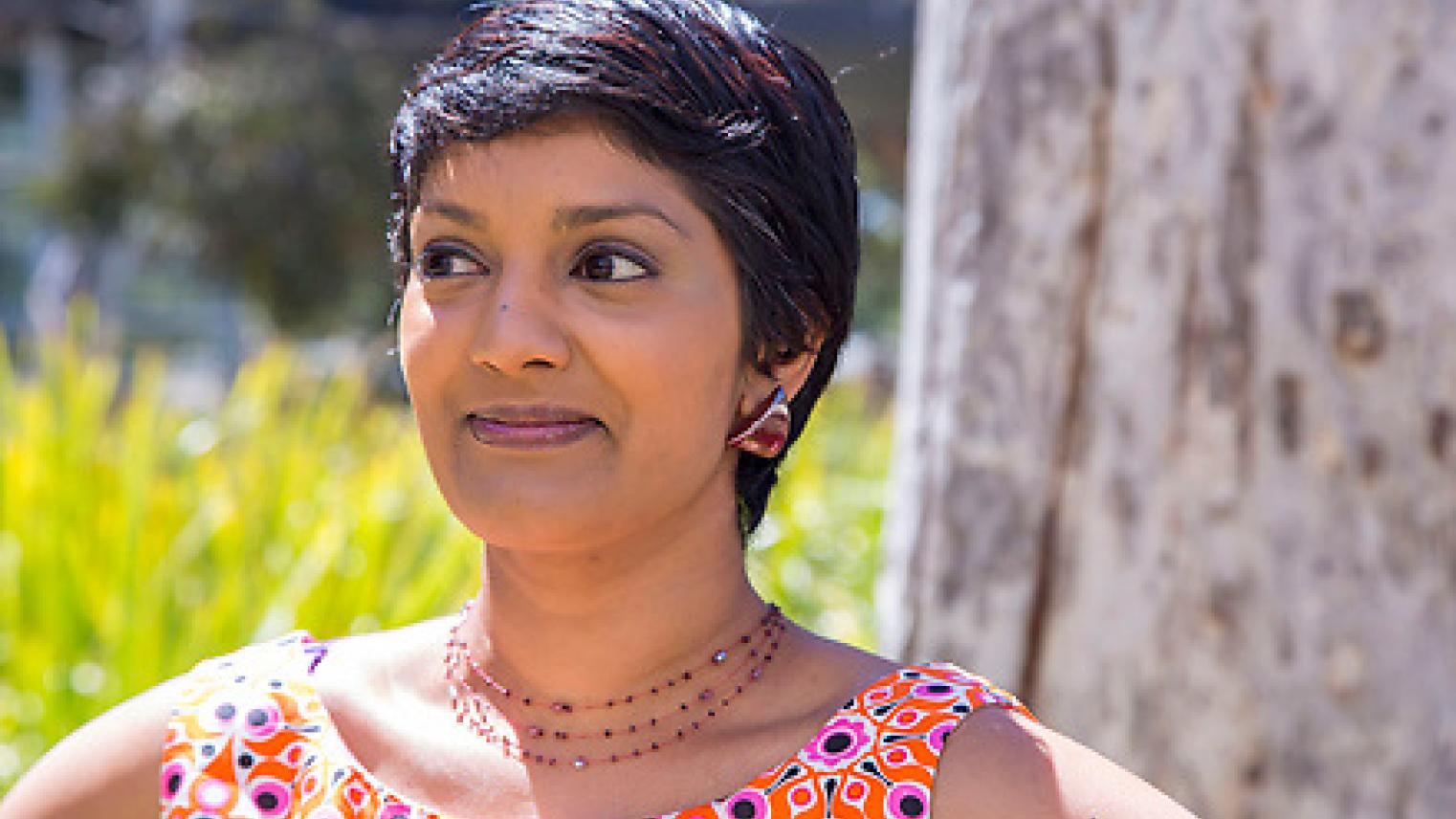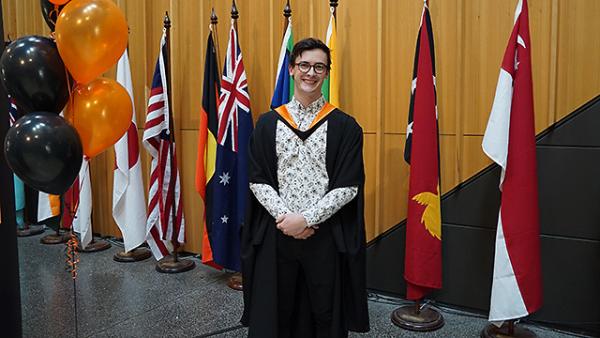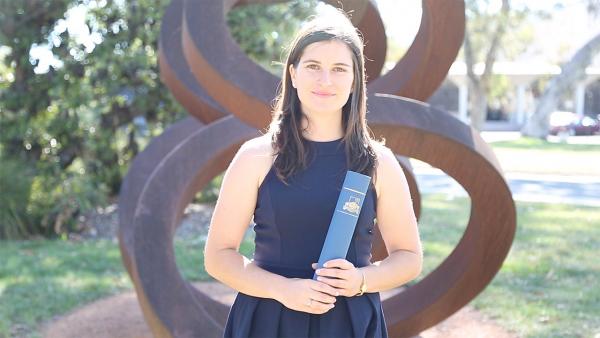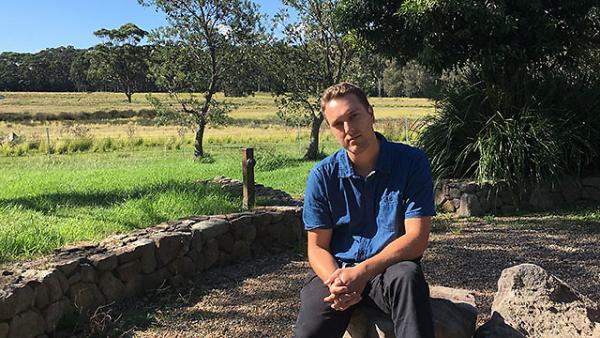Anna Samson - focussed on the dynamics and causes of conflicts

Meet Anna Samson, someone who is keen to use her Master of Arts (Strategic Studies) to solve one of the world’s oldest challenges – war.
With two first class honours degrees, and several years’ experience working with NGOs in Australia and overseas, Anna Samson wasn’t looking to return to university from a lack of education or experience. What she wanted was a new perspective.
“I worked for a number of years based in Thailand, and also doing some work in Malaysia and Sri Lanka, looking at forced migration issues. I’ve always had a keen interest in studies in peace and conflict, and working in this humanitarian field made me have a stronger appreciation for the causes of conflict. I was very much dealing with the effects and the outcomes, and what I wanted to know more about was the dynamics of the conflicts themselves.
“It’s not like I hadn’t done a lot of study before going into the field, and I carried all those traits I had learned as an undergrad through to my work, but that’s the way that a lot of humanitarian work is approached. It’s within a very strict framework and people who want to go outside of that and question that, it’s not encouraged. I really felt I had to go back to first principles, to go back to understanding, well, what creates these post-conflict situations in the first place?”
This question led Anna to a Master of Arts (Strategic Studies) at the Strategic and Defence Studies Centre (SDSC).
There are lot of universities that focus on international relations in peace and conflict studies but what I wanted was a very particular discipline which focused unashamedly on the question of war and looking at the dynamics of war. Really, the Strategic and Defence Studies Centre here at ANU is the only place that does that.
She says she was also attracted to the experience of teaching staff at the SDSC.
“The academics that work at the Centre all seemed to have a background that straddled both academia and government, or the larger private sector, or being out in the real world as well. I knew if I came here I would have that connection. I’d be with people who weren’t in an ivory tower.”
Having completed her master’s and now started a PhD at the SDSC, Anna says her expectations of the program were more than fulfilled.
“The Centre has delivered in both a professional capacity – I feel like I’ve got value for money from my degree – and the rigour and intellectual inquiry was there too. The academics are clearly experts in their field, and there’s also a strong use of guest lecturers.”
Anna says she was the rare student in the program with a humanitarian background, with most of her classmates coming from the military or DFAT. But, she says, this brought that different perspective she was looking for in the course.
“Because my work is often based in conflict and post-conflict situations, there’s a strong link between what the military does, and what civilian agencies do, and non-government agencies do, and these three different groups often work in complete isolation from one another, with no appreciation for how the other operates, and are even openly hostile. Often that comes from a complete lack of understanding. We need to find ways of understanding each other and working with each other to our various strengths in these situations.”
Anna says she would “definitely encourage” other students from a humanitarian background to follow in her footsteps.
“It gives you insights, and challenges the ways in which you’ve looked at these sorts of problems. I could have done a lot of other courses which reinforced what I already knew, but what strategic studies offers is that big picture analysis that allows you to start asking and answering some really big questions.”


